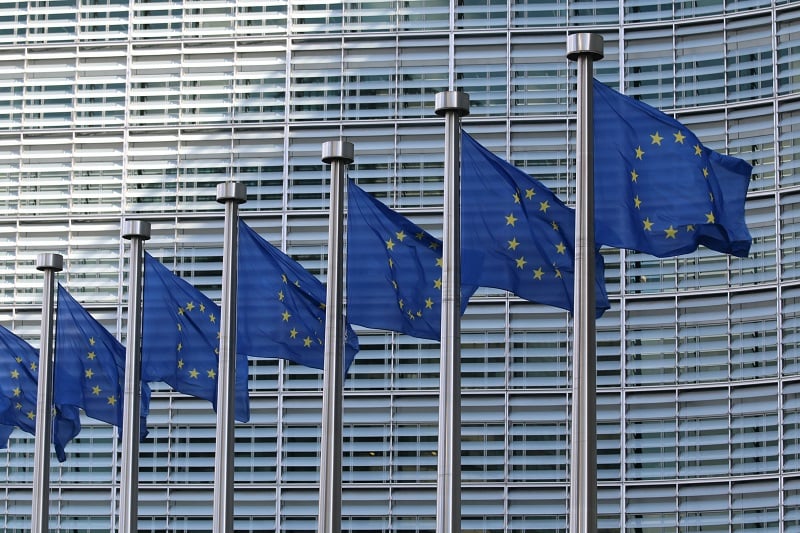
Ahead of European Energy and Environment Ministers meeting early this week, Stephanie Pfeifer, CEO, IIGCC, outlines why investors require clearer signals from EU policymakers to help incentivise and catalyse investment at scale.
European Energy and Environment Ministers meet this week amid an increasingly challenging political backdrop. The struggles felt by so many, provoked by the ongoing energy security and cost of living crises, are rightly forefront in decision-makers’ minds; at the same time, the science has never been clearer that action to tackle climate change must be urgently stepped up if we are to avoid the worst physical, social, environmental and economic damages brought by a world which warms more than 1.5°C.
Investors understand that these myriad challenges do not present a zero-sum game, as is suggested by some. Instead, there are win-win solutions which will foster long-term energy security and affordability as well as reduce Europe’s emissions. With investments across all economic sectors and geographical jurisdictions, investors adopt a unique, long-term perspective on behalf of their beneficiaries to ensure that financial returns support a sustainable, just and prosperous future.
As such, investors are already doing their part to foster and promote the solutions that are required. For example, they are supporting the global goal of net zero emissions through their capital allocation decisions and through their engagement with high-emitting companies, guided by initiatives co-founded by IIGCC such as the Paris Aligned Asset Owners, Net Zero Asset Managers Initiative, and Climate Action 100+.
And investors must remain part of the solution if we are to successfully overcome these crises: it is clear that for climate change alone, the public purse will not be sufficient to fund the transition. And neither should it be, given the innumerable financial and economic opportunities presented by green solutions – whether they be technological, operational or market-based.
The importance of enabling policy frameworks
However, what investors need to go further and faster in supporting Europe’s clean energy transition are the right enabling policy frameworks with the setting of clear political and policy direction for the years and decades to come.
When Energy and Environment Ministers meet on the 27th and 28th June respectively, they will be discussing a number of policy issues which have the potential to unlock significant private capital to scale up and accelerate the greening of Europe’s energy system, with all the knock-on benefits relating to energy independence, job creation and public health that this entails.
This is why I wrote last week to Member States, setting out that their governments need to reach rapid agreements which are consistent with net zero emissions on key files, including the Emissions Trading System, energy efficiency, renewables, and energy performance of buildings.
It is crucial that these policy instruments robustly underpin implementation of the EU’s world-leading carbon neutrality goal, in order to provide investors and companies with clear signals across critical sectors on the pathway for achieving a net zero and climate resilient economy. This can be done by upholding principles of fairness, transparency, and environmental integrity, and through the swift roll-out of supportive mechanisms and instruments relating to renewables, energy efficiency, energy modernisation, clean transportation and buildings renovation. Now is also the time to factor in the recommendations of the REPowerEU plan and leverage widespread energy security and affordability co-benefits.
The stakes are high, both for Europe and globally: not only do these policies have the power to channel private finance towards the necessary infrastructure and wider solutions to enable a clean and secure energy transition, but in doing so Europe will send a strong signal to its international partners ahead of critical talks at COP27 in Egypt in November.
Investors are already playing a strong role in finding solutions to our world’s most pressing challenges, of which climate presents perhaps the highest stakes. They are standing ready to step up their ambition and their actions in order to support the global goal of net zero, but at the very least this must be matched by governments. Ultimately, without a shared level of ambition and the implementation of effective policies to incentivise and catalyse investment at scale, we won’t see the real-world changes required to decarbonise the global economy.
In anticipation of clearer signals from policy makers, investors’ eyes will be firmly on the Energy and Environment Councils. The hope is for outcomes which drive real and significant progress by 2030 and beyond. There is no time to waste.